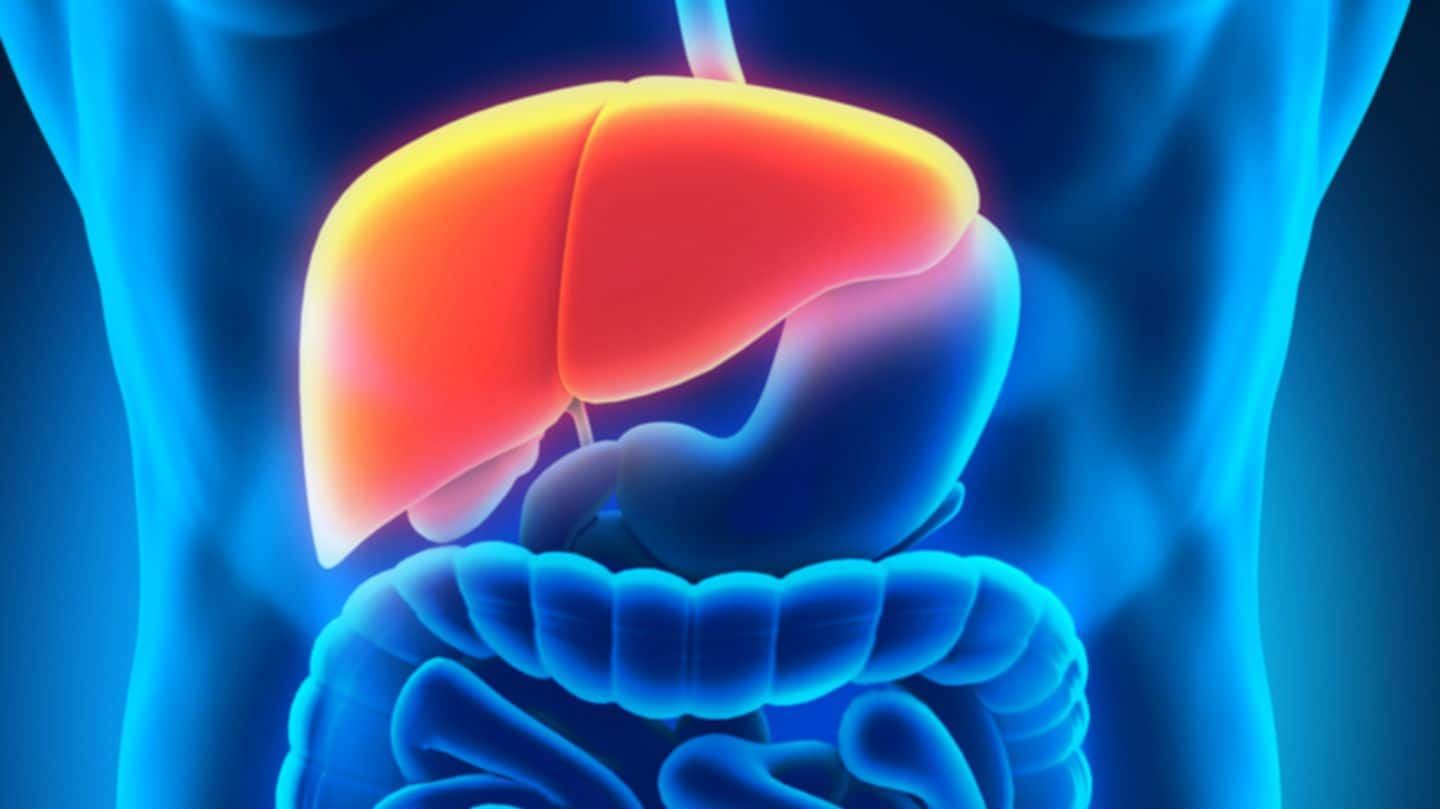
#KnowTheDisease: All you need to know about Hepatitis
What's the story
TeHepatitis-c'>Chnically, the word "Hepatitis" means the inflammation of liver caused by a virus/toxin. However, the disease is much more serious than it sounds. It damages liver cells responsible for detoxifying the blood, producing hormones, and storing vitamins. The liver functions can be affected by five viruses - A, B, C, D, and E - that cause severe health problems. Let's discuss them in detail.
Information
1.76 crore Indians suffering from Hepatitis B
According to a survey, at this point in time, nearly 1.76 crore Indians are suffering from Hepatitis B, while around 1.2 crore Indians are suffering from Hepatitis C, which is six times the number of HIV/AIDS patients.
Hepatitis A
Hepatitis A spreads through contaminated food and water
Hepatitis A spreads through food/water contaminated with the virus - usually, through poop from an infected person. Its symptoms include fever, jaundice, diarrhea. Hepatitis A could also be transmitted through close physical contact, like sex. It only lasts a few months and requires no medical treatment. However, doctors recommend taking healthy food, fluids, and plenty of rest. A vaccine is available for Hepatitis A.
Hepatitis B
Hepatitis B is transmitted through bodily fluids
Hepatitis B can only be transmitted through blood, semen, or other bodily fluids. The virus can be contracted through unprotected sex or sharing needles. Also, an infected mother can pass it to her infant. Its symptoms are similar to Hepatitis A. For those with chronic Hepatitis B infection, there is a risk of progressing to cirrhosis. There are effective vaccines available for Hepatitis B.
Hepatitis C
Hepatitis C doesn't show any symptoms, left untreated for decades
Hepatitis C is transmitted through infected blood, including unsafe blood transfusions or contaminated needles. It can be transmitted through sex. People with Hepatitis C usually don't show any symptoms and may also be left untreated for decades. It can swell/damage the liver. People with Hepatitis C may develop cirrhosis, which can lead to liver cancer. There's no vaccine for Hepatitis C.
Hepatitis D and E
Hepatitis D is considered the most severe form
Only people diagnosed with Hepatitis B can contract Hepatitis D. Also called "Hepatitis Delta", Hepatitis D is considered the most dangerous form of Hepatitis. Getting a Hepatitis B vaccine will prevent one from contracting Hepatitis D. Further, like Hepatitis A, Hepatitis E spreads through contaminated food/water. Good sanitation will prevent one from getting this virus. It doesn't require medical treatment and gets cured on its own.